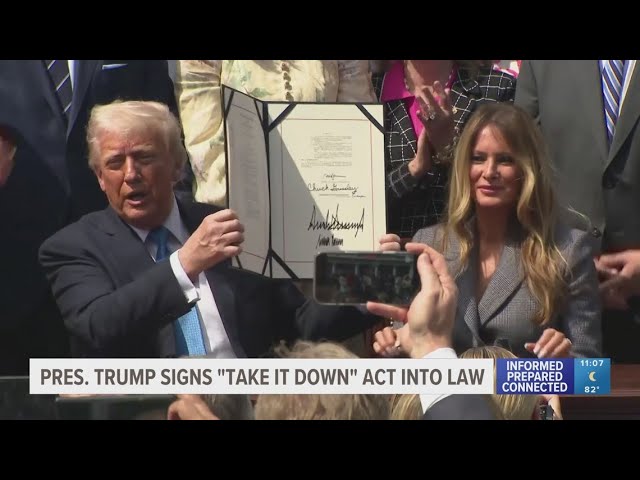After weeks of negotiations, in a tight vote just before 7:00 a.m., the House approved the ‘big beautiful bill’ central to the president’s agenda.
The House of Representatives in the early morning hours of May 22 approved legislation to enact President Donald Trump’s agenda, capping off weeks of negotiations and uncertainty within the House Republican conference.
The House narrowly approved the bill in a party-line 215-214 vote. The vote came just before 7:00 a.m. after an all-night debate in the lower chamber.
The bill now heads to the Senate which is expected to make revisions to the package. Any differences will then need to be resolved in conference before moving to Trump’s desk.
The House session, beginning around 11:00 p.m. on Wednesday, came after a marathon 21-hour hearing in the House Rules Committee which cleared the package for the floor vote.
Republican leaders unveiled an amendment to the megabill in the evening on May 21, tailored to address objections from fiscal conservatives and moderates in the Republican conference.
Dubbed a “manager’s amendment” in Capitol Hill parlance, the changes were unveiled following a marathon 19-hour debate in the House Rules Committee on the legislation. Its release followed a day of hurried negotiations between Trump, House Speaker Mike Johnson (R-La.), and conservative members of the House Freedom Caucus.
The amendment makes consequential changes to several key components of the bill, including the State and Local Tax (SALT) deduction and Medicaid.
It would accelerate the start date of Medicaid work requirements—which are strengthened under the bill—from 2029 to 2026. It also speeds up the phasing out of Inflation Reduction Act energy tax credits for wind, solar, and battery storage in 2028, with some exceptions.
The amendment also bumps the SALT deduction cap up to $40,000 per household with an income of up to $500,000.
Those two changes could assuage conservatives, who have demanded steeper cuts, as well as a contingent of purple district moderates who have pushed for increasing the SALT deduction and gradual phasing-out of certain Inflation Reduction Act projects.
The amendment also includes $12 billion in potential grants to states for border security actions.
It also includes a provision to remove the requirement to register silencer attachments under the National Firearms Act of 1934, a move that was immediately celebrated by gun rights groups.
By Joseph Lord and Lawrence Wilson







